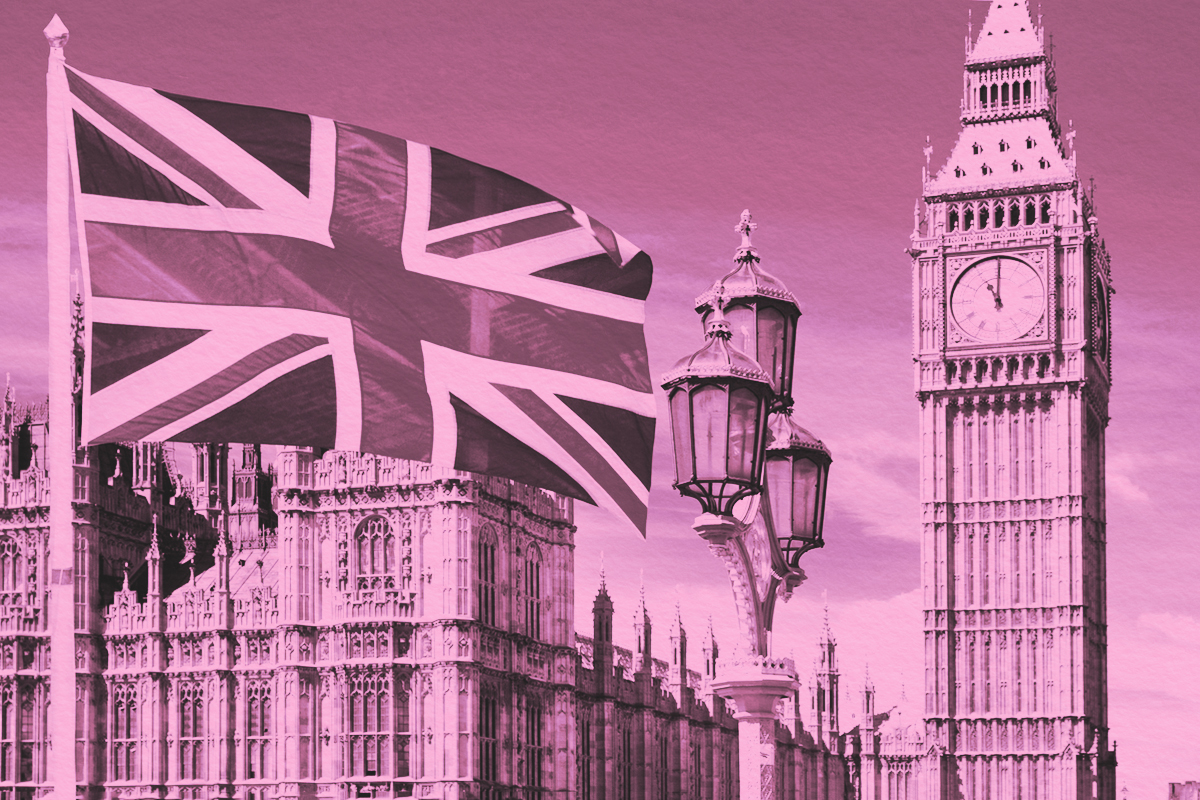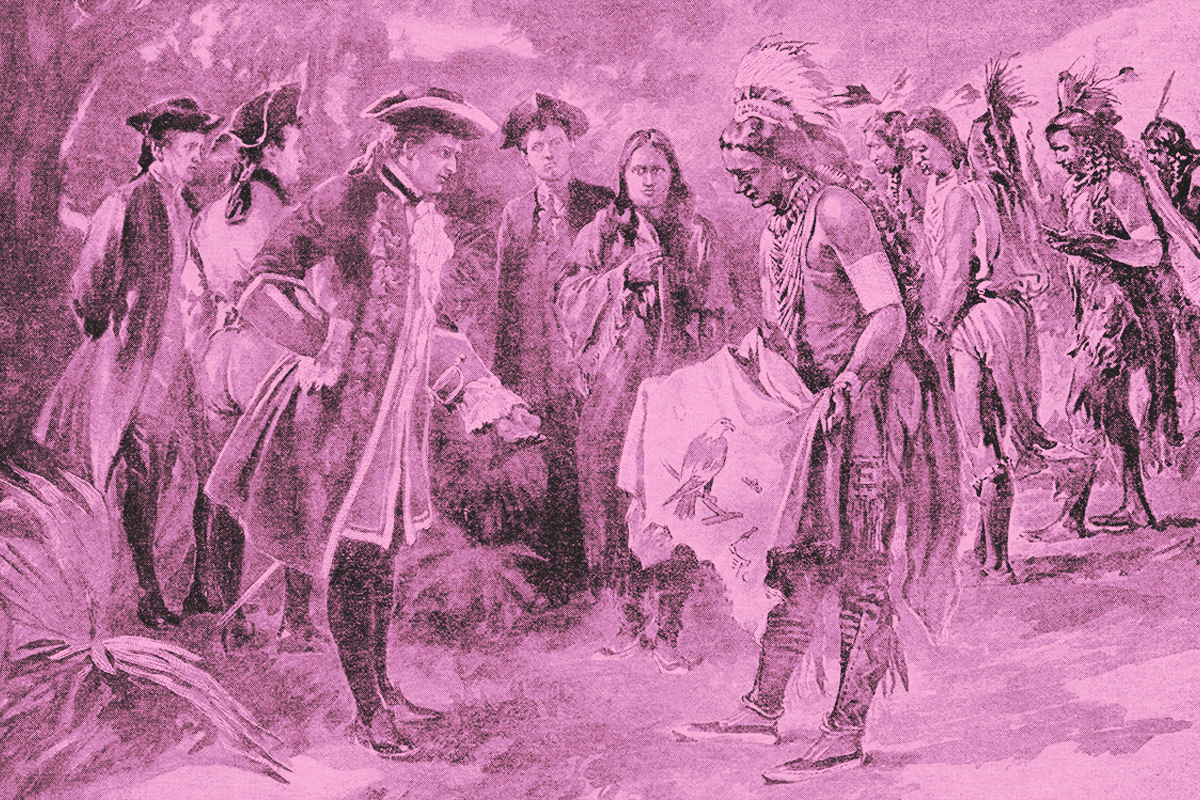
The Appalachian region of the United States stretches from southern New York all the way south to Alabama and Mississippi. This area of rolling mountains and valleys is home to some 26 million people, as well as one of America’s most distinctive dialects: Appalachian English. Often stereotyped or dismissed as “incorrect” English, Appalachian English is actually a distinct dialect with its own consistent grammar rules, vocabulary, and pronunciation patterns. (While it does share many common characteristics with Southern American English, it has enough unique features to be considered apart.) Appalachian English also has a strong claim to being one of the oldest dialects in the United States. Its roots go as far back as the earliest European settlements in America.
According to Margaret E. L. Renwick, Ph.D., a linguist and associate research professor at Johns Hopkins University, Appalachian English developed from a combination of Scotch Irish, German, and English communities who settled in the United States at the beginning of the 1730s. These settlers then migrated into the more isolated, higher-elevation areas of the Appalachian Mountains. They naturally brought with them the distinctive pronunciation patterns and grammatical structures of their European homelands, with each group contributing linguistic elements that eventually merged to create the distinctive dialect now known as Appalachian English.
Because of the geographical isolation of the Appalachian communities, the dialect developed over centuries with limited contact with outside linguistic influences. Because of this, Appalachian English has retained similarities with 18th-century colonial American English. It’s commonly stated that Appalachian English is a surviving relic of Elizabethan English, and that the dialect has preserved a Shakespearean way of speaking from the 16th century. This, however, is a myth. Appalachian English does contain some words that were used by Shakespeare, such as “afeared” to mean “afraid” and “holp” to mean “helped,” but the connection is tenuous at best.
As noted by linguist Michael Montgomery in Language Myths, Appalachian English may have “more archaisms than other types of American English, but that’s about it.” So, while the Appalachian dialect may have preserved, to some extent, a way of speaking heard in the early colonial days, it’s unlikely that Shakespeare sounded like someone from Chattanooga, Tennessee.
Appalachian English contains several grammatical features that distinguish it from standard American English. One of the most notable is the use of what is known as A-prefixing, in which “a-“ attaches to a verb form with the suffix “-ing,” as in, “He was a-hunting” or “She’s a-coming.” (A-prefixing exists in Scottish and Irish dialects, which may explain its appearance in Appalachian English.)
The dialect also employs distinctive verb forms, including “done” as a helping verb to indicate a completed action (“I done told you”) and unique past-tense forms for certain verbs. Additionally, it features double modals, such as “might could” or “used to could.” Another common phenomenon is the pronunciation of a final “uh” sound as a “y” — for example, “extra” may sound like “extry” and “opera” like “opery.” (The legendary country music show and venue “The Grand Ole Opry” owes its name to this dialect.)
In terms of vocabulary, Appalachian English includes many words that have disappeared from other American dialects. Examples include “airish” (“chilly”), “chancy” (“doubtful”), “everly” (“constantly”), “prettyful” (“beautiful”), “poke” (“paper bag”), and “whistle pig” (“groundhog”).
Speakers of Appalachian English often face linguistic discrimination and negative stereotypes that portray their speech as uneducated or inferior. These discriminatory attitudes ignore the rich history behind the dialect and typically reflect broader prejudices about rural and working-class communities. For speakers of Appalachian English, their dialect represents far more than just a way of communicating — it embodies cultural identity, belonging, and connection to place.
Increasingly, it’s not only linguists who recognize the importance of documenting and respecting Appalachian English as a legitimate, fascinating, and historically significant dialect. In 2019, Tennessee became the first state to officially recognize and honor Appalachian English, calling it a “fully legitimate dialect and most deserving of the respect afforded other dialects of American English.”
That’s not to say, however, that the future of the Appalachian dialect is assured. It continues to be stigmatized, while also facing challenges from increased mobility, education policies that discourage dialect use, and the powerful influence of media (and social media) that promotes standard American English. But the dialect remains strong in many communities, adapting to the ever-changing nature of modern life while maintaining its distinctive character — as it has done for the last few centuries.

















